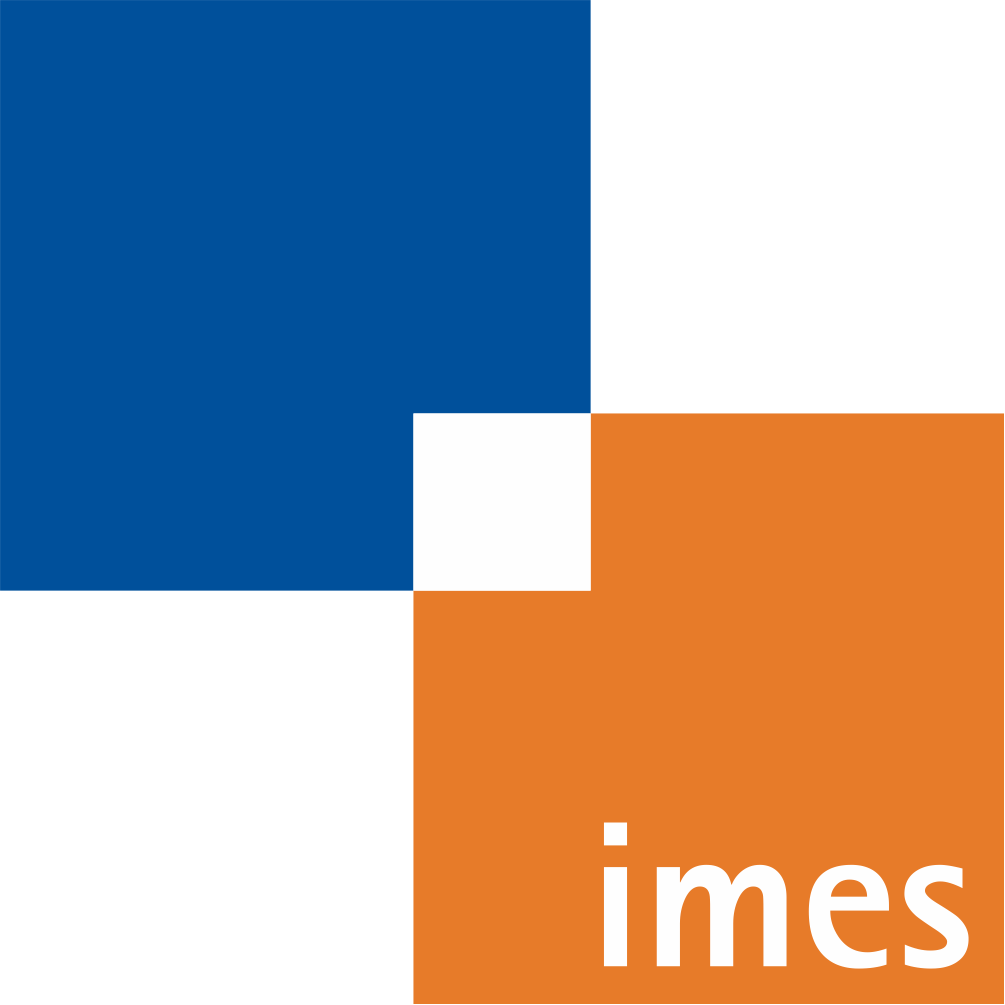Conception and design of an automated insertion tool for cochlear implants
- verfasst von
- Andreas Hussong, Thomas Rau, Hubertus Eilers, Stephan Baron, Bodo Heimann, Martin Leinung, Thomas Lenarz, Omid Majdani
- Abstract
Cochlear implants (CI) are electronic devices incorporating an electrode inserted into the human cochlea for direct electric stimulation of the auditory nerve. The implantation has become the standard treatment for patients with severeto-profound sensorineural loss not aidable with conventional hearing aids. The state of the art operative technique is a facial recess approach to the middle ear, following the opening of the scala tympani (cochleostomy) and insertion of the electrode array. The facial recess approach is applicable only by experienced surgeons and optimal CI results primarily depend on optimal electrode placement and minimal traumatic insertion. This also requires a certain amount of experience. Additionally several groups work on minimally-invasive approaches to the cochlea, resulting in the necessity to insert the implant via a keyhole access, which is not applicable with current techniques. This paper presents a mechatronic device for an automated insertion of the electrode array of a cochlear implant system. Being designed especially for minimally-invasive approaches, the tool is also applicable for regular facial recess approaches. Moreover the device allows reliable and repeatable insertion studies at synthetic models or cadaver specimen. The functionality of the tool is proofed with first experiments on a synthetic model.
- Organisationseinheit(en)
-
Institut für Mechatronische Systeme
- Externe Organisation(en)
-
Medizinische Hochschule Hannover (MHH)
- Typ
- Aufsatz in Konferenzband
- Seiten
- 5593-5596
- Anzahl der Seiten
- 4
- Publikationsdatum
- 2008
- Publikationsstatus
- Veröffentlicht
- Peer-reviewed
- Ja
- ASJC Scopus Sachgebiete
- Maschinelles Sehen und Mustererkennung, Signalverarbeitung, Biomedizintechnik, Gesundheitsinformatik
- Ziele für nachhaltige Entwicklung
- SDG 3 – Gute Gesundheit und Wohlergehen
- Elektronische Version(en)
-
https://doi.org/10.1109/iembs.2008.4650482 (Zugang:
Unbekannt)
